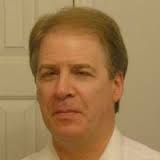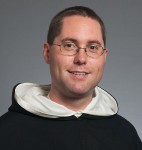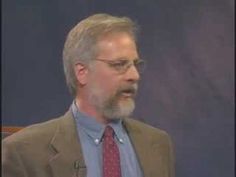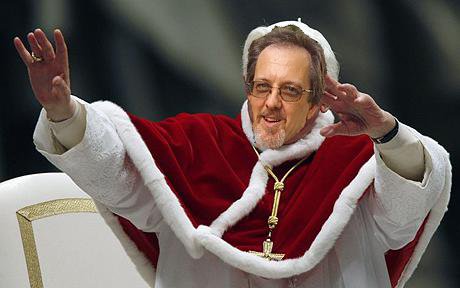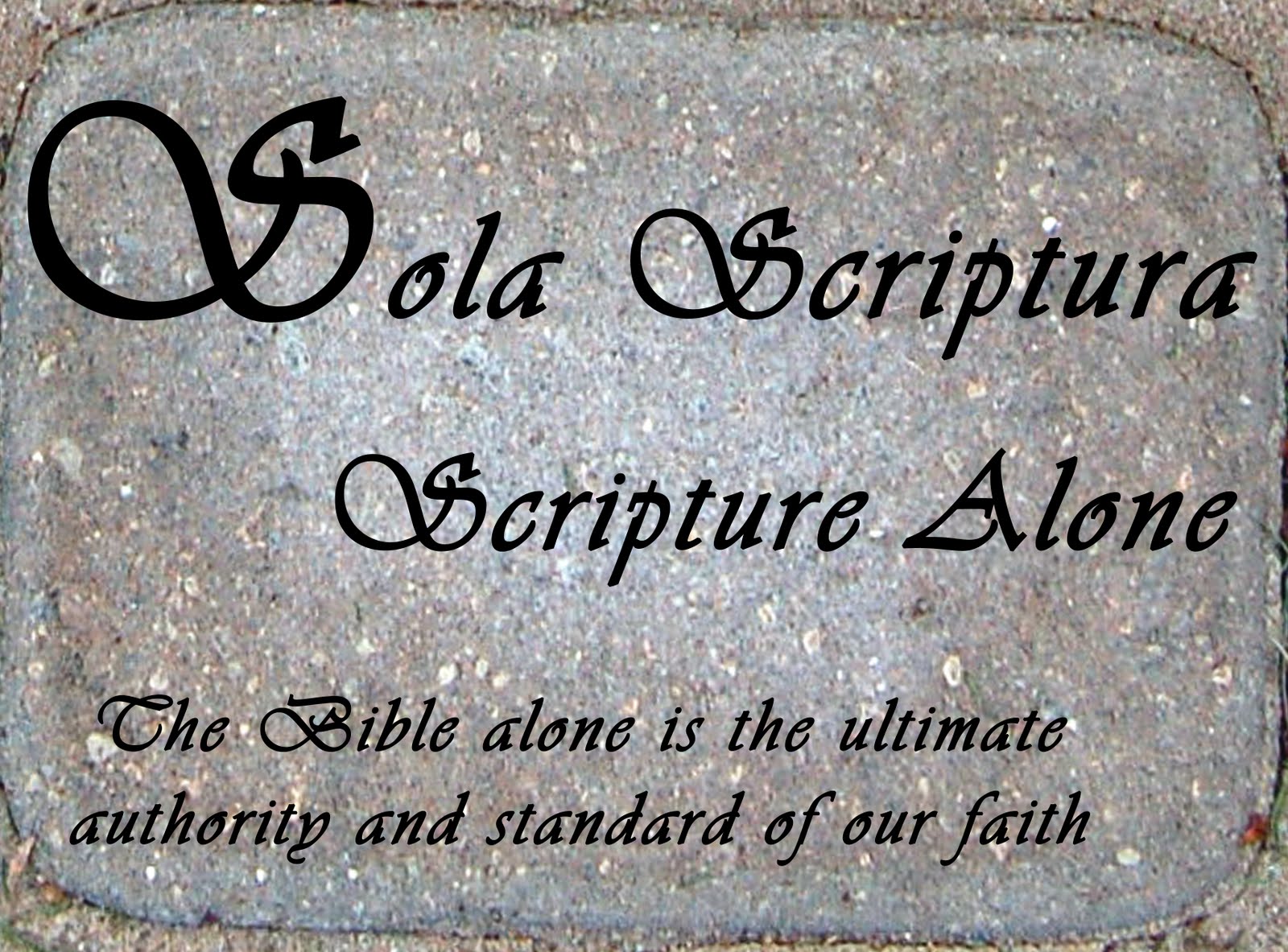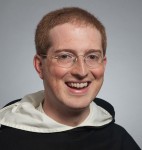This article appeared in the October 1978 issue of U.S. Catholic (Vol. 43, No. 10, pages 24-25).
“Religious devotions are a little like lost-and-found objects. Something gets lost, at least in the sense of losing sight of it. And then we come on it again, unexpectedly perhaps, lying there at our feet. It had been there all the time. But now it has about it a kind of glow, a patina. It is something like an old coin, the gospel says; we have every right to rejoice in finding it again.
All sorts of arguments can be lined up against the above. The rosary, it will be adduced, went out with the other immigrant clutter. And good riddance. It belonged to a former state of things, to a partial understanding of what was central and what merely hung around at the edges. More, it was another weapon in the arsenal of the gargoyles who held us captive on perches, chattering the tunes, and ringing the changes of Baltimore Catechism Number One.
Something like this occurred in the course of my benighted childhood. We lined up for the rosary as we lined up to take our cod-liver oil. In both cases, unpleasant medicine was considered a specific against world, flesh, and devil. Religion was medicinal; you took your medicine. I think I was too habitually low in spirit even to question the diagnosis or to revolt at the cure.
Well, things changed, but not much. In the novitiate they gave us a rosary, a huge one this time. It was to be looped around one’s cincture—some said to form the letter M for Mary; others said no, it was a sword. In any case, this enormous, chained object was neither lost nor found, but sternly, gratuitously conferred, like an Immortal soul. It could also, unlike a soul, be flipped around the neck; there it hung, every day, as we wandered the acres reciting the mysteries. Huge cocoa beads, a linked chain of such impregnability that today it might serve in the streets of the Big Apple, to protect one’s parked bicycle from felonious hands. Indeed, this was no kid stuff, but a formidable engine of salvation. Some Jesuits around our time discarded the Big Fifteen. This was serious; we were warned against backsliding. Indeed, Our Lady had confided to some saints that wearing the rosary and reciting it would ensure one’s vocation, for good and forever.
All of which “makes to reflect,” as the French say. When things get urged too hard in this matter of salvation, they usually end up getting discarded too easily. There’s always that little gyroscope in the soul trying to keep a balance. It took most of us not more than five years to scuttle the rosary for good. The act, I think, was a perfectly wordless argument against the big pitch. We simply let it all go. It didn’t mean we gained a great deal; indeed, it might be argued we lost considerably. But I think we were asserting our self-respect in one of the few ways open to us; in those days, we would make our own way in prayer and symbol, for a change.
Still, rosary or no, it is important that faith commend itself, make sense to those who profess it. Very little else in life makes sense today, or is designed to, once we get beyond the tawdry chatter. But the faith has a public calling. As the culture creaks along and breaks up, the importance of a public faith, a living (and kicking) tradition, only grows. What else do we have by way of resource or sanity? In such circumstances, I think the faith is called to raise very hell—if we are not all to end up in hell. I mean here and now, in this world, where official insanity has concocted the ultimate weapon (the ultimate symbol of the culture): a bomb that will leave buildings intact and wipe out the only expendable thing around—people.
So here we are. We are not going to get far in this business of survival without all the help we can muster. That means Jesus and Mary. And Joseph even. And all that cloud of witnesses who in one way or another hearkened their own voices and visions, were stubborn kickers against Caesar’s goal, refused to lie down and die at the behest of Big Huff, or walked to their own drummer. Their crime, as I understand it, was to stand at the opposite moral pole from the neutron bomb. That is to say, they valued people over property. That made criminals of many among them. That ought to make criminals of us to the degree that in the eyes of the Big Mastiffs the phrase “criminal church” would even be redundant.
How then do we get that way, which was the way of Jesus and the saints? At its deepest, there isn’t any “how.” There is only the way.
The rosary takes us along that “way” which the book of Acts uses as another word for Christianity itself. A series of mysteries. Moments in the life of that moving target, Jesus. The short stops of the long-distance runner, where we too may savor (share?) his loneliness.
I think we need that. My thinking of our need, of course, adds nothing and subtracts nothing. Yet I insist on it, our need. I long with all my cranky, double-dealing heart to belong to a reality that all my life long presses on me. The reality of Jesus, his life and death and comeback. Events that, far from shaking the world, bring it a far greater gift—rebirth.
I need to know that Jesus lived and died and the manner of his living and dying. Call it medicinal; call it antidote. I need an antidote to America. I need to live and die in a manner different from the way I am commanded to live and die in a tin-can culture, a culture which manages by a marvelous sleight of hand to be at the same time lethal, ridiculous, and immensely seductive.
Now the above, as I scan it, suffers from a defect. It is written in the past tense. But Jesus has no past tense. Who says he lived; who says he died; who says he rose from the dead? The 15 mysteries are a drama of the present, big as life, unfinished as today, untidy even.
But the neutron bomb, and all its malevolent ancestors and progeny, is pure past, passé. Bypassed. Not merely in the sense that the monkey wrenches will shortly concoct another even more lethal tin can to flatten this one. But from the point of view of existence itself, bombs are passé. Violence is passé. War is passé. If we discern the Mystery (Paul puts it always in the singular), we know this. Wars, bombs, slums are the junk of that junk culture which has simply withered away to allow us to get reborn.
Do we choose to get reborn? Or do we choose to wither away? According to the mystery of the rosary, we choose neither the one nor the other.
We can only choose to be chosen. That is all. Jesus chooses; the initiative is his. But that is already a great deal. So great a deal, in truth, that we shall spend our eternity dizzily, ecstatically trying to grasp it.
But to speak of the present, one thing seems fairly clear. (And given the American church, what follows is bound to be a minority, even a miniscule, opinion.) We cannot at one and the same time choose America and be chosen by Christ. We cannot serve God and mammon. “Mammon” here being a catchall word for that ball of snarls, that concatenation of money, sexism, racism, consumerism, appetite and futility and nausea, that fork in the tongue of authority, that tic of violence, that dread of neighbor, that night sweat at the presence of death—let us say, those 15 or so infernal “mysteries” to whose worship the culture summons us. To adore. To be depraved and deprived and degraded and disenfranchised. And then, to be transformed. In the image of that which we adore: stocks and stones and neutron bombs.
And finally, the whole thing explodes. As it was meant to do. That is to say, the ruling image and reality of our lives becomes a nuclear one. We cannot get things together, keep them together. Neither marriage nor friendship nor a reasonably sane sense of ourselves nor a modest place in the world. We are bombed out by the demons. All of which perhaps brings us back to our subject, to that non-nuclear, companionable, compassionate found object.
I don’t want to come on as a pusher for the rosary. We have too many pushers already—for almost every gimmick under the sun. Who needs gimmicks? We need only to be still, to resign from rat races where a few win and many lose and all, according to the metaphor, are reduced to rodents. We need our humanity, that lost object. Can the rosary help us? Will we one day cry aloud in exaltation like the woman Jesus tells of who found her lost coin? We, having found our precious, lost, squandered sense of ourselves? There is not one mystery of the 15 (now 20) that is not also a clue to who we are, to where we come from, to where we might go. In a night without stars.”
I, for one, NEED the Rosary. When praying it, I soar, I fly. (Not physically.) 🙂 No joke. I do. Praise God!!! Come, fly with me!!!
Love,
Matthew




